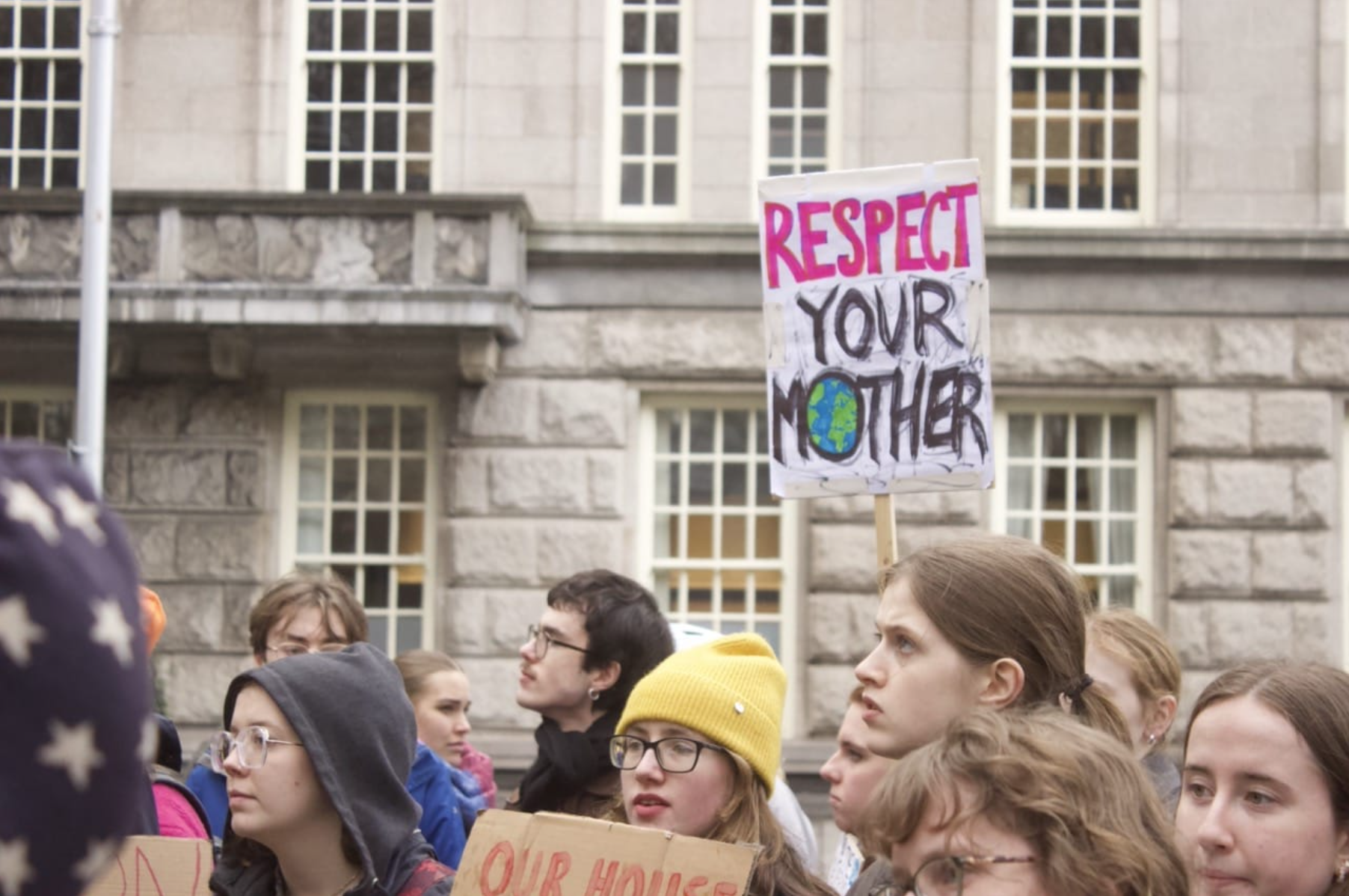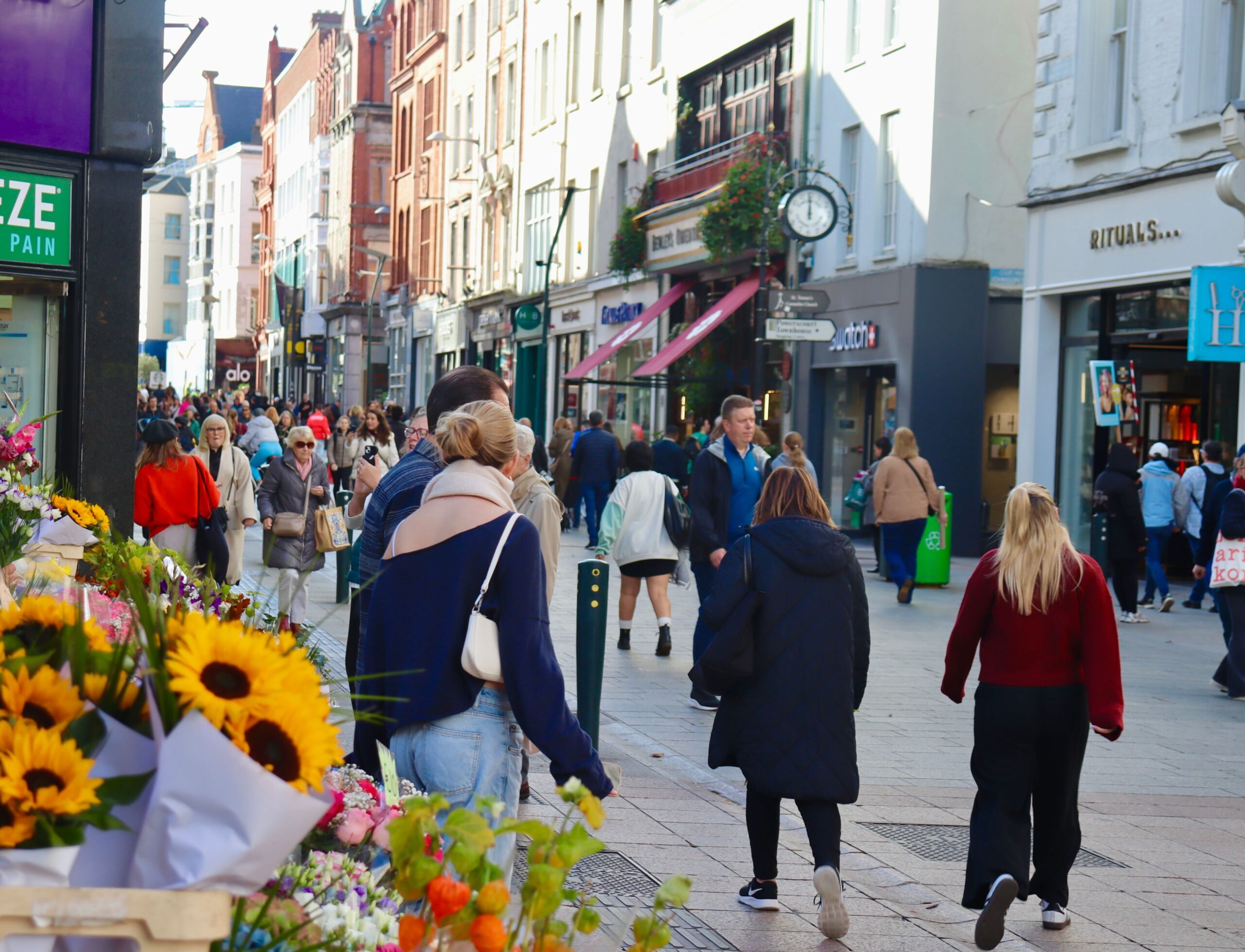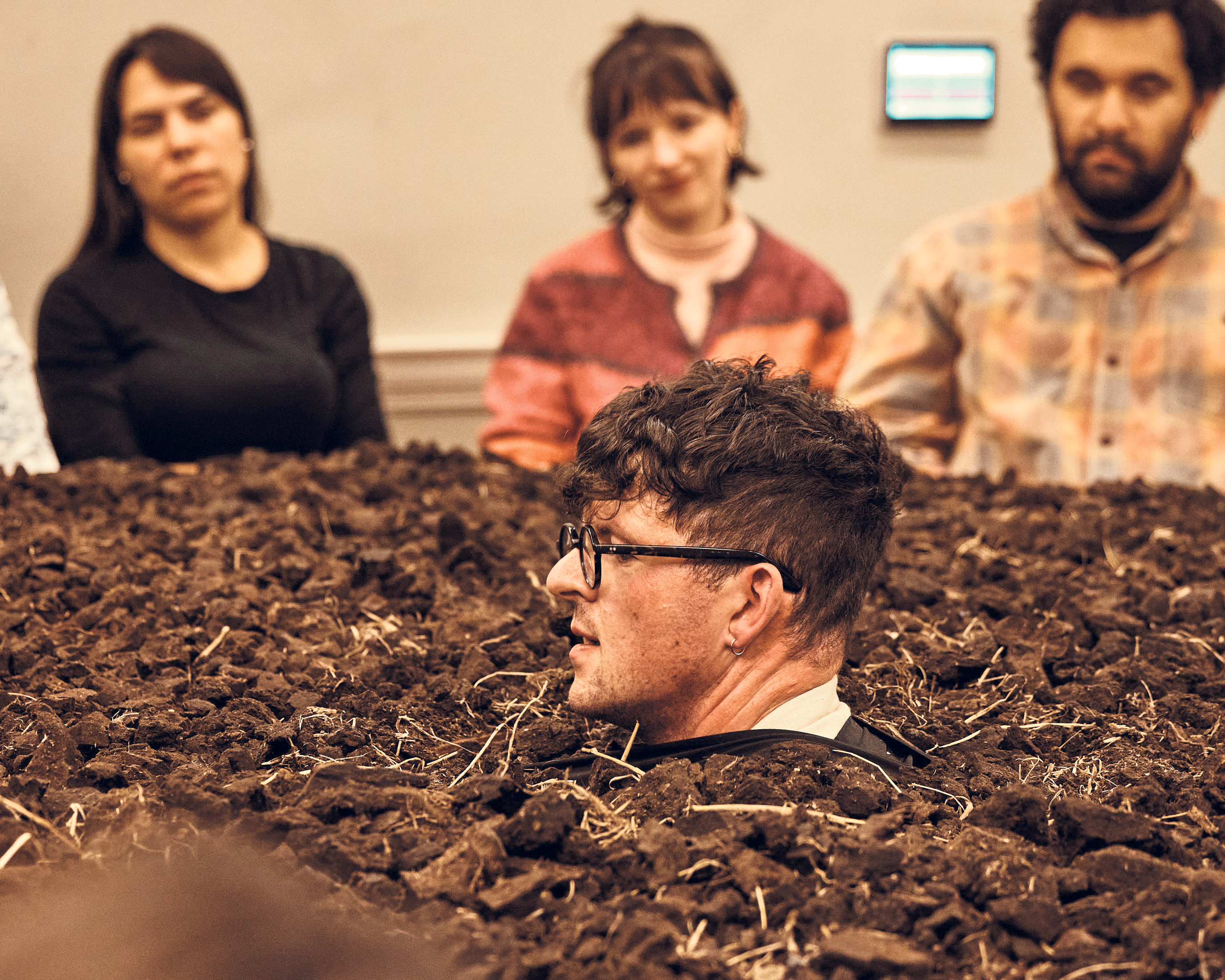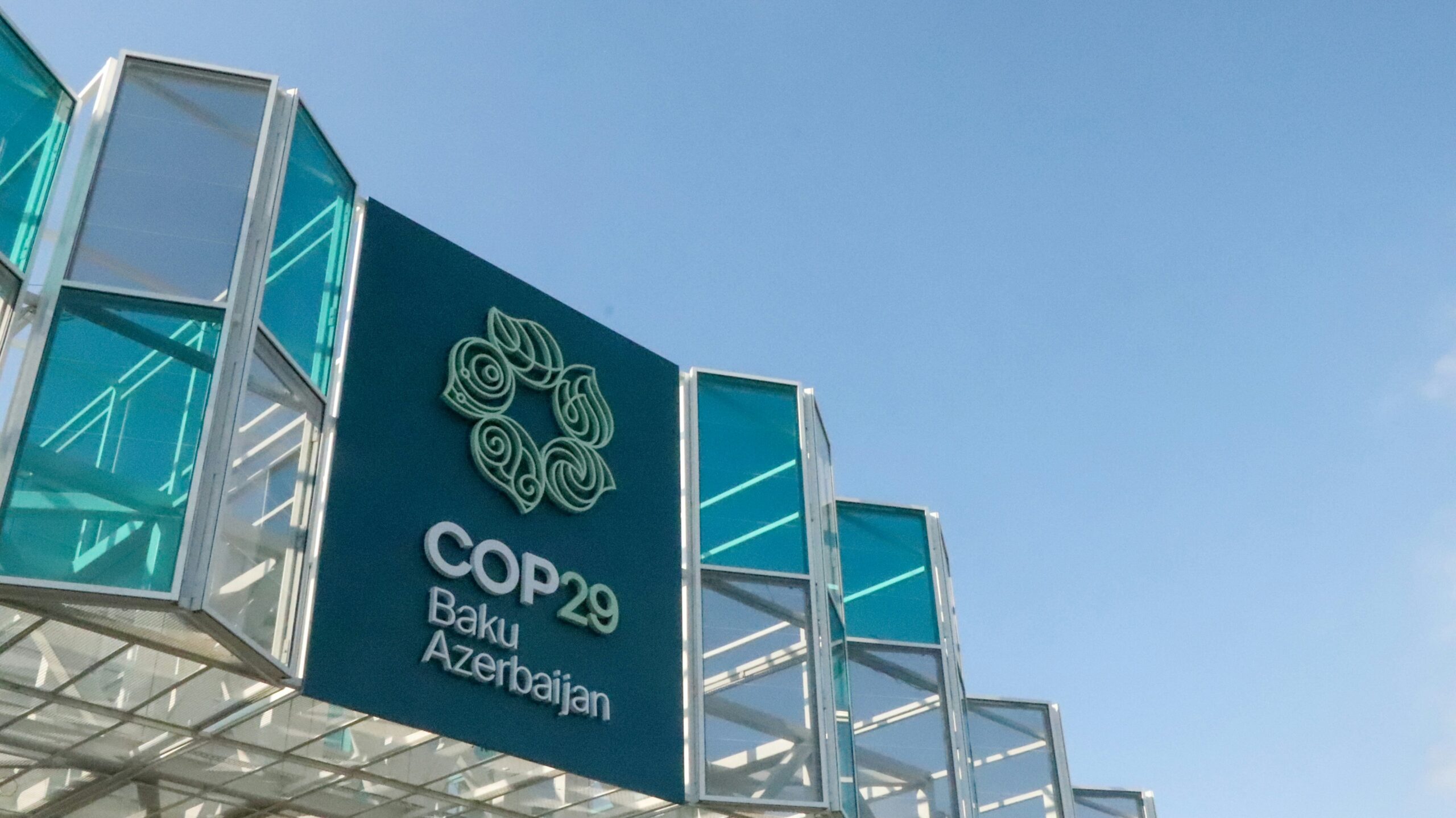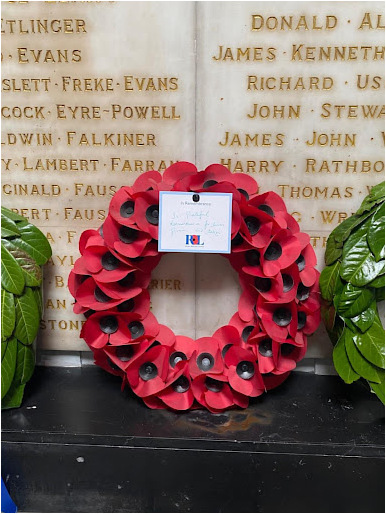The unprecedented coronavirus pandemic has dominated our lives and headlines for months, but in laboratories and universities across the world it has also given rise to a surge of innovation and scientific research, especially here in Ireland. From developing virus killing robots and research trials, 3D printed protective equipment and inventive new testing kits, Ireland universities will be key players in the global effort to find a treatment to the deadly disease.
Trinity start-up Akara Robotics has recently developed a virus-killing robot which has been clinically proven to eliminate viruses and other pathogens. Dr Conor McGinn, Robot Violet’s inventor, explains to me how the robot would improve upon current practices: “Hospitals and healthcare facilities are currently very reliant on chemicals to get rid of the virus. The rigorous cleaning practices really only account for surfaces and not the air, they also require you to evacuate the room for at least a few hours.”
More concerning, McGinn says, there is also room for human error: “Pathogens can evolve and become resistant to different chemical agents, whereas if you’re killing them with ultraviolet light, it actually damages and ruptures the DNA inside those microorganisms so it can’t reproduce.”
The system is currently being tested for its expected use in a clinical setting. McGinn had been working alongside Dr Michael Bennett and two students Robert Scott and Lia Ryan on understanding the properties of UVC light and its effectiveness on killing pathogens for about a year. With a year of research under their respective belts, they felt “quite prepared at adapting that technology when this pandemic presented itself.”
Akara Robotics also previously developed “Stevie”, a robot designed to work in retirement communities and provide various social and care functions for the elderly, which made the front cover of TIME Magazine.
Pathogens can evolve and become resistant to different chemical agents, whereas if you’re killing them with ultraviolet light, it actually damages and ruptures the DNA inside those microorganisms so it can’t reproduce
Currently, Irish trials are underway to treat critically ill patients battling with coronavirus in a global effort to secure a treatment for this virus. Prof Alastair Nichol of University College Dublin (UCD) is leading the trials in Ireland. He explains to me that these trials originated from efforts in 2009 in response to the H1N1 pandemic.
“At this time”, he says, “many researchers were unable to manufacture a successful clinical trial. This was the global experience. So, myself and my colleagues started to plan after that, for the next pandemic.”
They designed their new trials to be more changeable: able to switch from normal research mode to pandemic mode – perfect for the current situation. Treatments can be divided into two main types: antiviral and immunomodulators. Antivirals would consist of treatment with lopinavir and ritonavir drugs, hydroxychloroquine or a combination of both. Immunomodulators would help regulate their immune system.
Although the trials are taking place in St Vincent’s University Hospital, Dublin and University Hospital, Galway, they are not just relegated to Ireland, but are part of an extensive global effort, with Australia, Germany, Canada, Belgium, Singapore, New Zealand, The Netherlands and The UK also taking part.
Another key innovative research facility, I-Form, based in UCD, has been developing 3D printed face shields and other forms of protection for frontline medical workers given the global shortage. Tallaght University Hospital and HSE coronavirus testing centres were among the first recipients of 3D-printed face shields. Dr Andrew Dickson – a key researcher at I-Form – explains to me their experience to date: “So far we have donated over 1,000 face shields to medical facilities across the country. We are also working on a sealed goggle for the workers faces, and much needed ventilator parts.”
At this time, many researchers were unable to manufacture a successful clinical trial. This was the global experience. So, myself and my colleagues started to plan after that, for the next pandemic
Explaining how it really started off as a “non-official thing”, Dickinson says he, alongside his colleague Heather O’ Connor, recognised the demand for such protective equipment and so ramped up production to see how many could be made if they turned all their printers over to the cause. And the result? “Now”, he says,” we can make up to 150 face shields a day”.

Reagent Genie is another research company based in Dublin that has been testing rapid coronavirus kits that could change the way testing is currently carried out. Founders Colm Ryan and Seán Mac Fhearraigh met at Trinity College whilst they were undergraduates studying genetics, and set up the company in 2017. The pair have recently announced that test kits will be available for free to Irish hospitals.
“At the moment, COVID-19 is detected by an advanced molecular technique called quantitative real-time PCR which takes more than 4 hours for a positive result”, says Seán Mac Fhearraigh, CTO at Assay Genie. “We developed the assay in conjunction with a partner lab using the same technology that is found in pregnancy tests.”
“Currently”, continues Colm Ryan, CEO at Assay Genie, “we are working with scientists to further validate the test and plan to roll-out globally in the coming weeks”.
Although the virus continues to sweep across the country and indeed the world, Ireland and its universities are clearly a hub of ingenuity and innovative research during this crisis, offering some hope for increased disease treatment and, ultimately, a cure.


